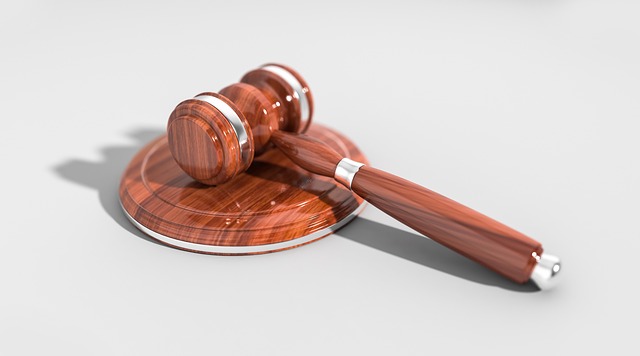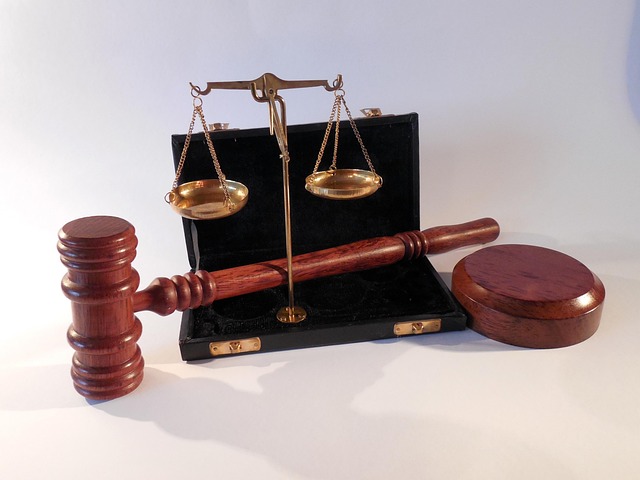Antitrust violation cases, often centered around false advertising or price-fixing, have serious economic impacts. To sue for false advertising, victims should swiftly gather relevant info and evidence, consult with a consumer protection attorney who offers free initial assessments, and understand the legal process involving laws like the Sherman Act or Clayton Act. This ensures fair competition, protects consumer rights, and may lead to remedies like treble damages through strategic navigation of the legal system, including jury trials.
Antitrust violation cases are a growing concern, particularly with the rise of false advertising. Understanding these cases is crucial for both businesses and consumers. This article serves as a comprehensive guide, breaking down key aspects: from recognizing fraudulent practices to outlining legal rights and steps to sue for false advertising. Learn what you need to know to protect your interests in today’s competitive market.
- Understanding Antitrust Violation Cases: What You Need to Know
- Steps to Take if You've Been a Victim of False Advertising
- Legal Rights and Remedies for Antitrust Violations
Understanding Antitrust Violation Cases: What You Need to Know

Understanding Antitrust Violation Cases: Unraveling the Basics
Antitrust violation cases are legal battles aimed at curbing unfair business practices that restrict competition and harm consumers. These cases, often involving false advertising or price-fixing schemes, can have significant economic implications for both corporate and individual clients. The process begins with identifying potential violations through market investigations, gathering evidence of anti-competitive behavior, and consulting with legal experts.
If you suspect an antitrust breach, the steps to sue for false advertising involve engaging legal professionals who will guide you through all stages of the investigative and enforcement process. This may include filing complaints with regulatory bodies, negotiating settlements, or initiating litigation in court. The goal is to ensure fair competition, protect consumers’ rights, and hold accountable those engaged in white-collar and economic crimes.
Steps to Take if You've Been a Victim of False Advertising

If you’ve been a victim of false advertising, it’s crucial to take swift action to protect your rights and pursue justice. The first step is to gather all relevant information and evidence regarding the fraudulent claims made by the business or entity in question. This may include keeping records of any promotional materials, advertisements, receipts, or communications that highlight the misleading nature of their marketing strategies. Documenting these details can serve as concrete proof during potential legal proceedings.
Once you have your evidence, it’s time to consider your options. Consulting with an experienced attorney specializing in consumer protection law is a wise decision. They can guide you through the process and help determine whether filing a lawsuit or negotiating a settlement is the best course of action. Many lawyers offering services in high-stakes cases will initially assess your case for free, providing insights into its potential merits and the likelihood of recovering damages. Remember, jury trials are a significant aspect of these legal battles, where your story can be heard and justice served for his clients wronged by false advertising.
Legal Rights and Remedies for Antitrust Violations

When an antitrust violation occurs, individuals and businesses have legal rights and remedies available to them. The first step in pursuing a claim is to understand the specifics of the violation and identify the relevant laws. Antitrust laws, such as those under the Sherman Act or Clayton Act, protect competition and consumers from anti-competitive practices like price fixing, market division, and monopolization. If you suspect an antitrust violation, including false advertising, it’s crucial to document evidence and consult with legal experts who specialize in this area.
The process of suing for false advertising as a result of antitrust violations involves several key steps. These include gathering comprehensive evidence, analyzing the legal merits of the case, and strategically navigating the legal system. Individuals or businesses that successfully prove an antitrust violation can seek various remedies, such as treble damages, which multiply the actual harm suffered. Additionally, injunctive relief may be sought to prevent future violations, ensuring that corporate and individual clients are protected from white-collar defense strategies that aim to avoid indictment.
Antitrust violation cases, particularly those involving false advertising, can have significant impacts on consumers. If you’ve been a victim of such practices, understanding your legal rights and taking prompt action is crucial. By following the steps outlined in this article, including identifying violations, gathering evidence, and consulting legal experts, you can effectively navigate the process of suing for false advertising. Remember, staying informed and proactive is key to ensuring justice and recovering any losses incurred.






